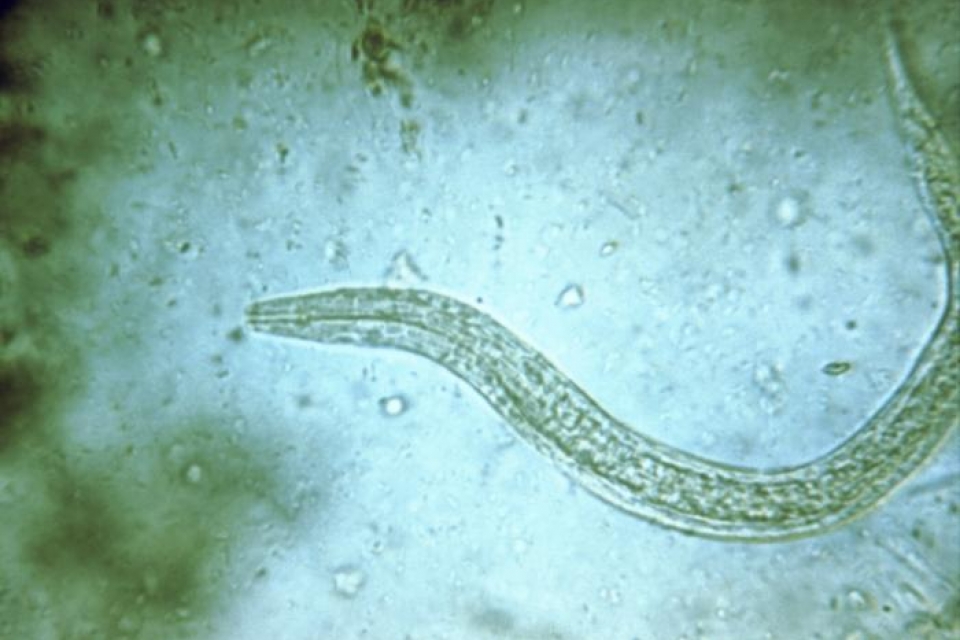

We’ll then go over what to do if you or your cat get worms.
#CAT HOOKWORMS IN HUMANS HOW TO#
In this article, we’ll go over how to prevent your cat from getting worms or giving them to you. Or, in the worst case, treat my cat and me for the infestation. But, if you were like me, I’d still allow my cat on my bed and make sure I took preventative measures.

Some may say keep your cat out of your bed, and you won’t have to worry about getting worms from your cat. However, that doesn’t mean you have to kick your cat out of your bed. The study was financed with a grant from the Swedish Research Council.The answer to this question is yes. "It would now be worth studying the links that exist between toxoplasmosis, the GABA systems and major public health threats." "For toxoplasma to make cells in the immune defence secrete GABA was as surprising as it was unexpected, and is very clever of the parasite," says Dr Barragan. Disturbances of the GABA system are seen in people with depression, schizophrenia, bipolar diseases, anxiety syndrome and other mental diseases. GABA is a signal substance that, amongst other effects, inhibits the sensation of fear and anxiety. In another experiment on live mice, the team was able to trace the movement of infected dendritic cells in the body after introducing the parasite into the brain, from where it spread and continued to affect the GABA system. After infection, the cells, which are a key component of the immune defence, started secreting the signal substance GABA. In one laboratory experiment, human dendritic cells were infected with toxoplasma. "Instead, we've shown for the first time how the parasite behaves in the body of its host, by which I mean how it enters the brain and manipulates the host by taking over one of the brain's neurotransmitters." "We've not looked at behavioural changes in people infected with toxoplasma, as that's been dealt with by previous studies," says Dr Barragan. A number of studies also confirm that mental diseases like schizophrenia, depression and anxiety syndrome are more common in people with toxoplasmosis, while others suggest that toxoplasmosis can influence how extroverted, aggressive or risk-inclined an individual's behaviour is. This has been interpreted as the parasite assuring its survival and propagation, since the consumed rat then infects the cat, which through its faces can infect the food that other rats might then proceed to eat. It has, for example, already been observed that rats become unafraid of cats and even attracted by their scent, which makes them easy prey. Because of this risk, pregnant women are recommended to avoid contact with cat litter trays.Ī number of studies have been presented in recent years showing that the toxoplasmosis parasite affects its host even during the dormant phase. It is, however, known that toxoplasmosis in the brain can be fatal in people with depleted immune defence and in fetuses, which can be infected through the mother. The infection causes mild flu-like symptoms in adults and otherwise healthy people before entering a chronic and dormant phase, which has previously been regarded as symptom-free. People contract the parasite mostly by eating the poorly cooked flesh of infected animals or through contact with cat faeces. The infection is also found in animals, especially domestic cats.

Between 30 and 50 per cent of the global population is thought to be infected, and an estimated twenty per cent or so of people in Sweden. Toxoplasmosis is caused by the extremely common Toxoplasma gondii parasite. The current study, which is published in the scientific journal PLoS Pathogens, was led by Dr Barragan and conducted together with researchers at Uppsala University. "At the same time, it's important to emphasize that humans have lived with this parasite for many millennia, so today's carriers of Toxoplasma need not be particularly worried." "We believe that this knowledge may be important for the further understanding of complex interactions in some major public health issues, that modern science still hasn't been able to explain fully," says Antonio Barragan, researcher at the Center for Infectious Medicine at Karolinska Institutet and the Swedish Institute for Communicable Disease Control.


 0 kommentar(er)
0 kommentar(er)
